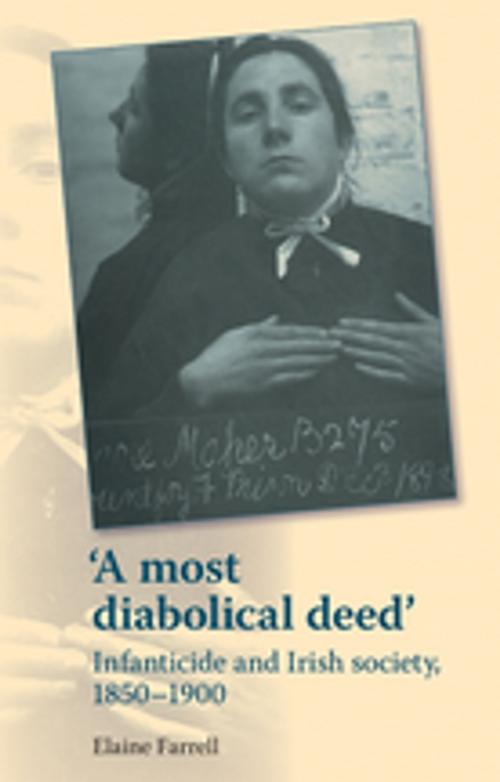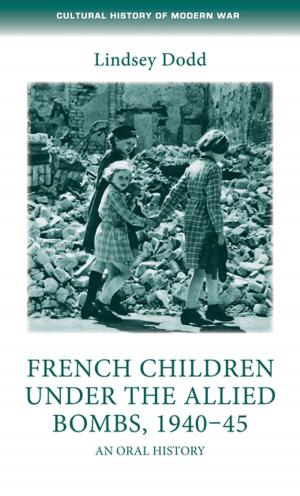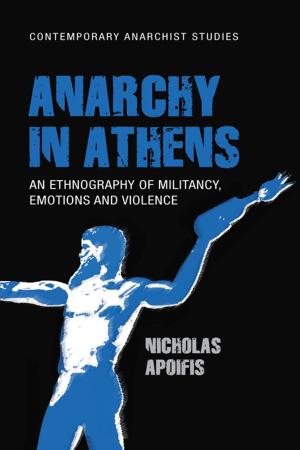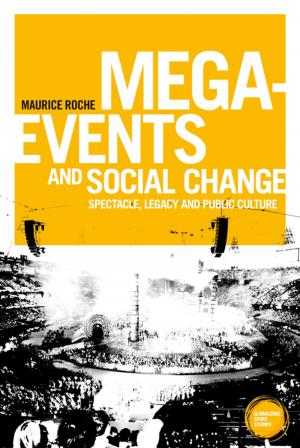A most diabolical deed'
Infanticide and Irish society, 1850–1900
Nonfiction, History, France, British| Author: | Elaine Farrell | ISBN: | 9781526102249 |
| Publisher: | Manchester University Press | Publication: | November 1, 2015 |
| Imprint: | Manchester University Press | Language: | English |
| Author: | Elaine Farrell |
| ISBN: | 9781526102249 |
| Publisher: | Manchester University Press |
| Publication: | November 1, 2015 |
| Imprint: | Manchester University Press |
| Language: | English |
This book examines the phenomenon of infanticide in Ireland from 1850 to 1900, examining a sample of 4,645 individual cases of infant murder, attempted infanticide and concealment of birth. Evidence for this study has been gleaned from a variety of sources, including court documents, coroners’ records, prison files, parliamentary papers, and newspapers. Through these sources, many of which are rarely used by scholars, attitudes towards the crime, the women accused of the offence, and the victim, are revealed. Although infant murder was a capital offence during this period, none of the women found guilty of the crime were executed, suggesting a degree of sympathy and understanding towards the accused. Infanticide cases also allude to complex dynamics and tensions between employers and servants, parents and pregnant daughters, judges and defendants, and prison authorities and inmates. This book highlights much about the lived realities of nineteenth-century Ireland.
This book examines the phenomenon of infanticide in Ireland from 1850 to 1900, examining a sample of 4,645 individual cases of infant murder, attempted infanticide and concealment of birth. Evidence for this study has been gleaned from a variety of sources, including court documents, coroners’ records, prison files, parliamentary papers, and newspapers. Through these sources, many of which are rarely used by scholars, attitudes towards the crime, the women accused of the offence, and the victim, are revealed. Although infant murder was a capital offence during this period, none of the women found guilty of the crime were executed, suggesting a degree of sympathy and understanding towards the accused. Infanticide cases also allude to complex dynamics and tensions between employers and servants, parents and pregnant daughters, judges and defendants, and prison authorities and inmates. This book highlights much about the lived realities of nineteenth-century Ireland.















